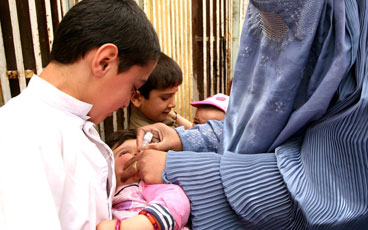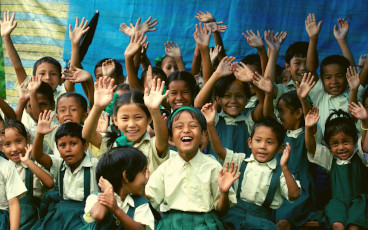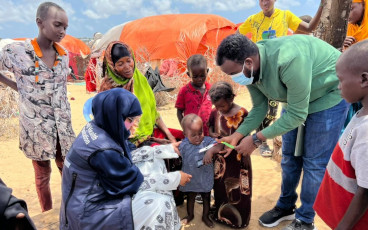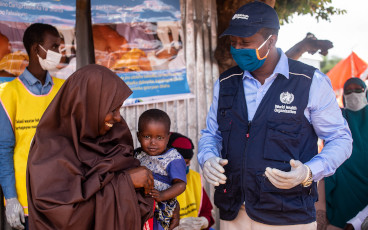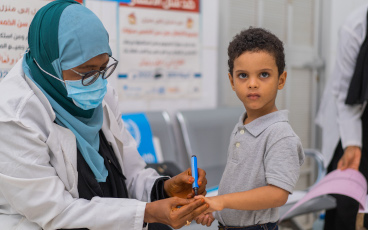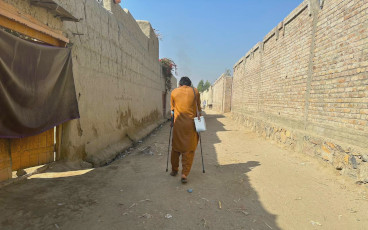Capturing lessons from polio eradication
Johns Hopkins Bloomberg School of Public Health is partnering with institutions in seven countries to help document and disseminate knowledge from the polio programme
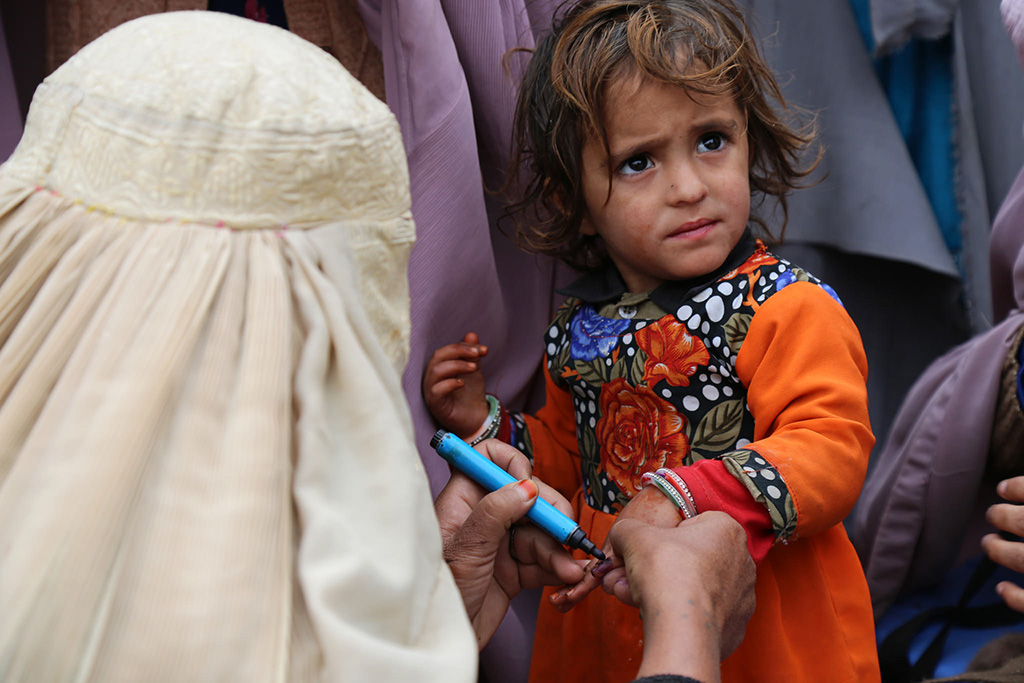
Reducing polio cases by 99.9% globally is an incredible feat, achieved through innovative strategies and years of trial and error.
While the polio eradication programme is focused on getting to zero, now is the time to make sure everything we’ve learned isn’t lost and can be used to inform future global health programmes. Just as the polio eradication effort applied lessons learned from the successful smallpox campaign to its own work, the goal is for future health programmes to understand and build on the knowledge of the polio effort.
Under a new grant from the Bill & Melinda Gates Foundation, the Johns Hopkins Bloomberg School of Public Health (JHSPH) will be working to do exactly this.
JHSPH will partner with academic institutions from around the world to document lessons and develop graduate-level courses and hands-on training clinics for public health students and professionals, including an online open course available to the public and implementation courses for managers from other health programmes.
Under the leadership of Dr Olakunle Alonge, the team at JHSPH will collaborate with a global team from public health institutions in seven countries: Nigeria, India, Afghanistan, Ethiopia, the Democratic Republic of the Congo, Bangladesh and Indonesia. This will not only ensure a balanced and diverse perspective, but also enable the exchange of public health training strategies between the institutions.
To develop the content of each course, JHSPH will be identifying “change agents” at the local, national and global levels who have expertise in polio eradication that may not otherwise be captured. This unique global strategy promises to yield coursework that speaks to the issues faced by a broad range of global health programmes and actors.
“Without an active strategy to map, package and deliver the knowledge from the global polio eradication efforts to other programs and global health actors, I’m afraid that these knowledge assets may not find any useful purpose beyond the end of the polio campaign, which could come to an end within a few years,” said Alonge.
Alonge expects to glean lessons that will apply to immunization systems, public health emergency response, primary health care, disease eradication and infectious diseases—ensuring that the polio programme continues to positively impact global health for years to come.


